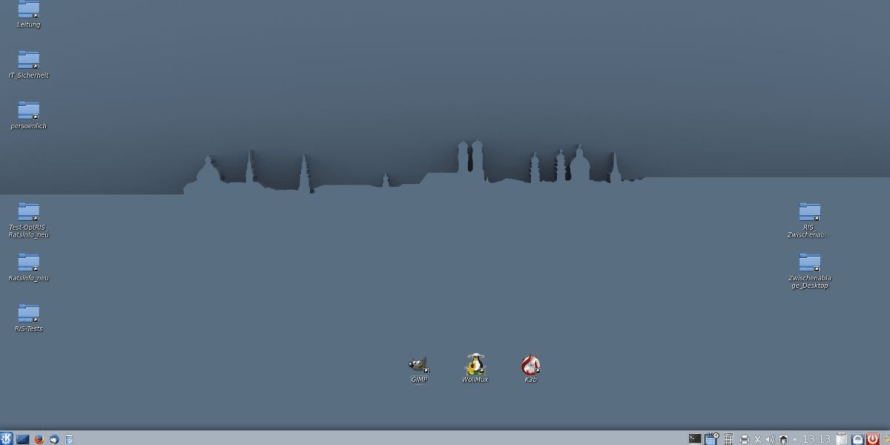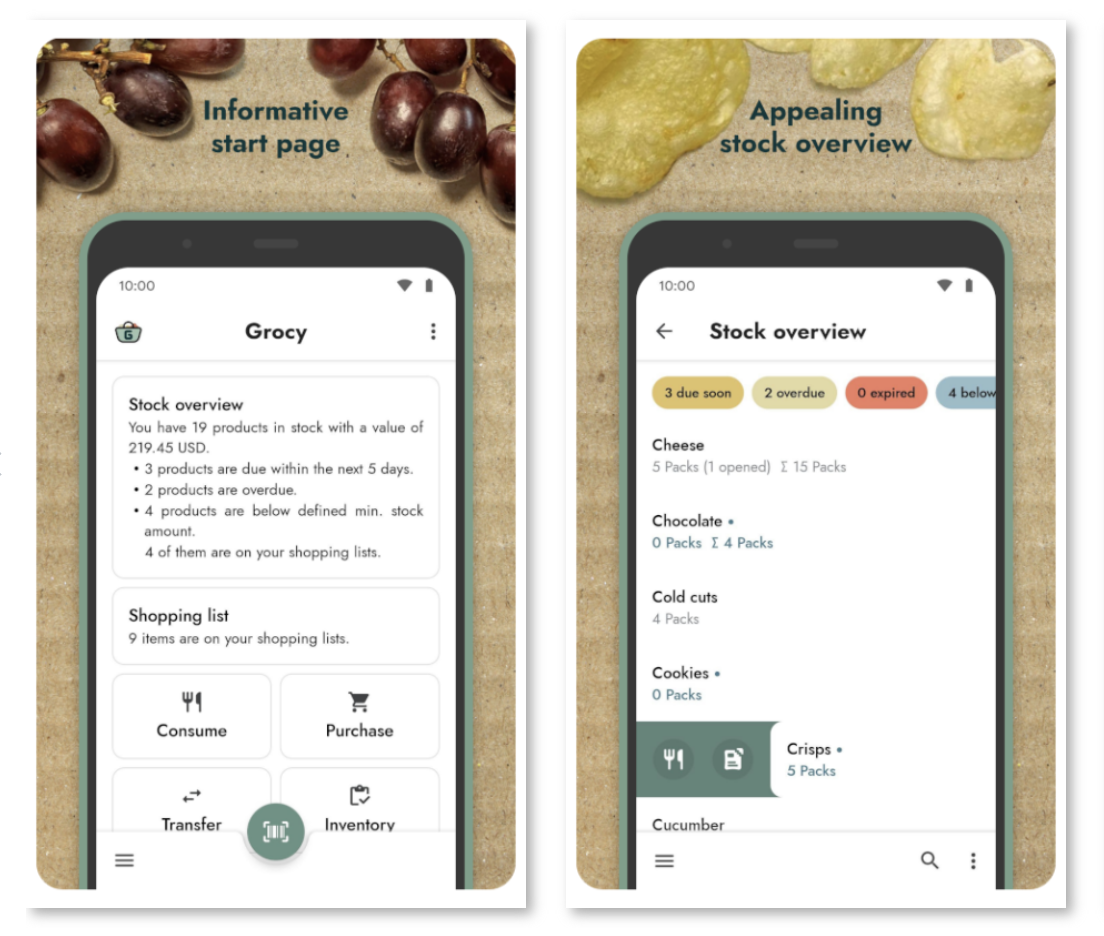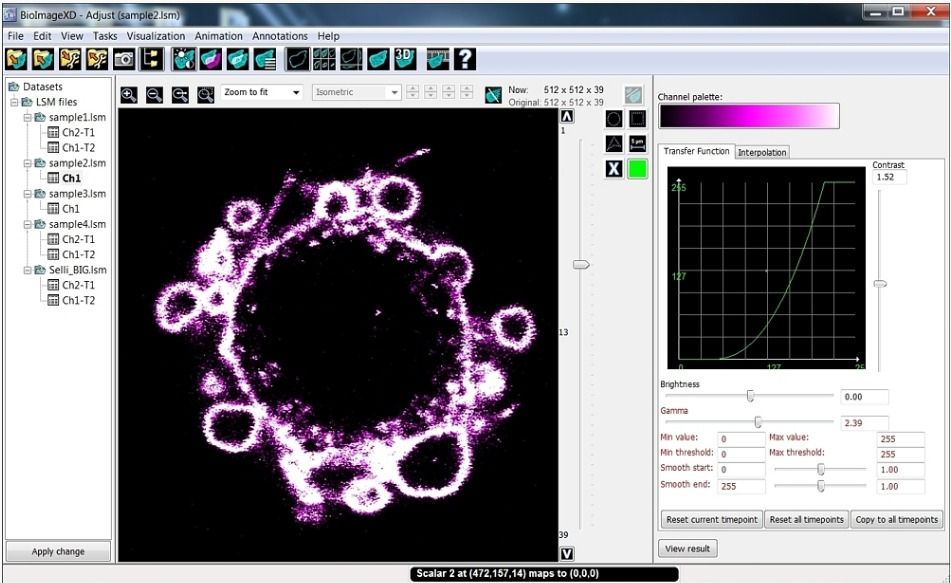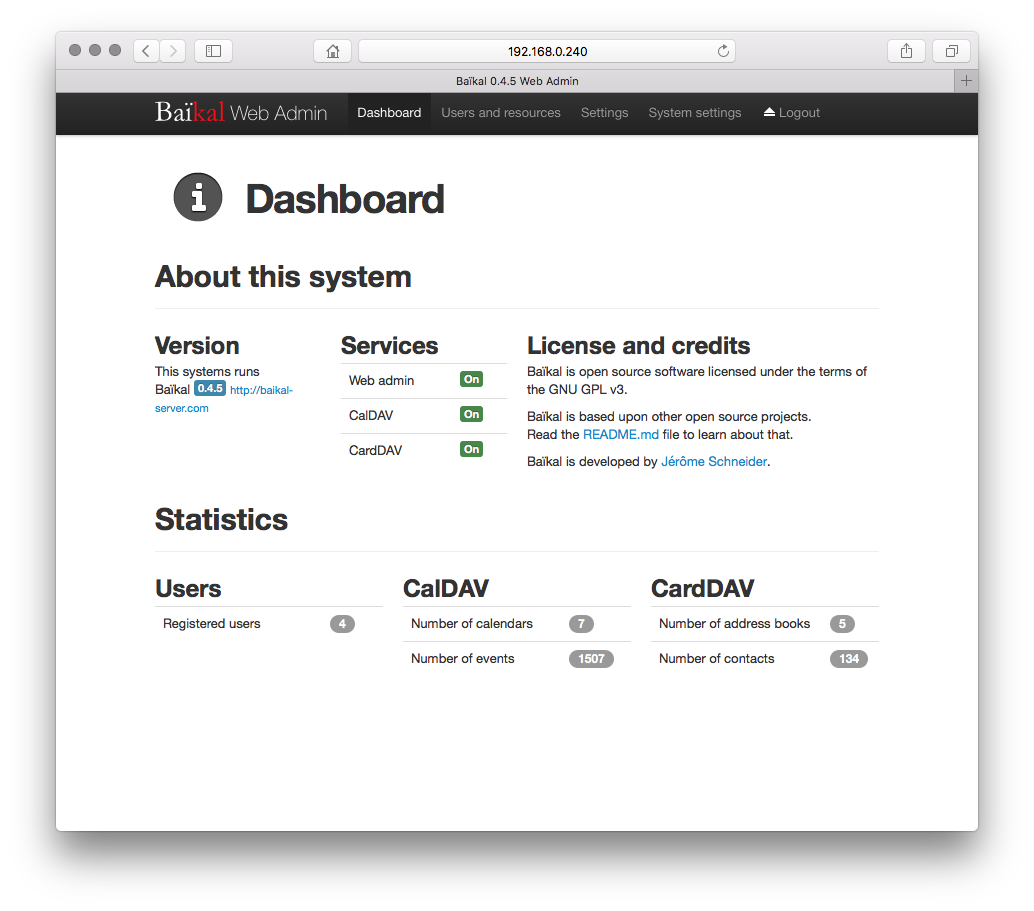Top Open Source Projects Originated from Germany
Table of Content
Open source has gained a lot of popularity in Germany over the years. The open-source software development model has been widely accepted in the country, and many organizations have adopted it.
The German government has also shown a great interest in open source. In 2019, the German Federal Ministry of the Interior, Building and Community (BMI) released an open-source strategy, which aims to increase the use of open source software in the country's public sector.
Many German companies have also embraced open source. For instance, the German car manufacturer Volkswagen has been using open source software for many years. In 2018, the company joined the Eclipse Foundation, a leading open source software organization.
In addition, many German cities and municipalities are using open source software. For example, the city of Munich has been using Linux and other open source software since 2003.
The popularity of open source in Germany can be attributed to several factors. First, the country has many small and medium-sized enterprises (SMEs) that cannot afford proprietary software. Open source software provides them with a cost-effective alternative.
Second, the German education system has also played a role in promoting open source. Many universities and research institutions in the country teach open source software development, and some have even created their own open source projects.
Finally, the German culture of collaboration and sharing has also contributed to the success of open source in the country. The concept of "Mittelstand," which refers to the network of small and medium-sized enterprises in Germany, encourages collaboration and sharing of resources.
Open source networks and communities in Germany
There are many open source communities in Germany. Some of the most popular ones include:
- Open Source Business Alliance (OSBA): A network of companies that promote the use of open source software in business.
- Free Software Foundation Europe (FSFE): An organization that advocates for the use of free and open source software in Europe.
- Open Source Initiative (OSI): A non-profit organization that promotes open source software and provides a certification program for open source licenses.
- Linux User Groups (LUGs): Local groups of Linux enthusiasts who organize meetings and events to discuss and promote open source software.
Linux in Germany
Many German cities and municipalities are using Linux and other open source software. For example, the city of Munich has been using Linux and other open source software since 2003.
Some of the best Linux distros in Germany are:
- openSUSE: A stable and user-friendly Linux distribution that is popular with both home and enterprise users. The distro is originated from Germany and used world-wide by many users and communities around the world.
- Ubuntu: A popular Linux distribution that is easy to use and comes with numerous software packages.
- Debian: A stable and reliable Linux distribution that is popular with advanced users and servers.
- Fedora: A community-driven Linux distribution that is known for its bleeding-edge software and features.
- Arch Linux: A lightweight and customizable Linux distribution that is popular with advanced users and developers.
These Linux distros are popular in Germany because they offer users a stable and secure operating system, as well as access to many free and open source software packages. They are also highly customizable, allowing users to tailor their operating system to their specific needs.
Open source Projects from Germany
Our collection contains nearly 40 open-source software projects that are created and maintained by freelancers, communities, and companies in Germany. However, we have chosen only the most prominent ones for this current list.
1- Munich Linux experience

The city of Munich has been using Linux and other open source software since 2003. They created their own custom Linux distribution, called LiMux, which was designed to be used by the city's employees.
However, in 2017, the city announced that it would be switching back to Microsoft Windows and other proprietary software. This decision was met with criticism from the open source community, who argued that the move would be costly and would compromise the city's data privacy and security.
2- Nextcloud
Nextcloud is a popular open source cloud storage and collaboration platform. It allows users to store and share files, as well as collaborate on documents and projects in real-time. Nextcloud can be hosted on-premises or in the cloud, making it a flexible solution for both individuals and organizations.
Nextcloud is particularly popular in Germany due to its focus on data privacy and security. The platform allows users to maintain full control over their data, and provides strong encryption and security features to protect it from unauthorized access.
Many German organizations and individuals use Nextcloud as a secure alternative to proprietary cloud storage and collaboration platforms. The open source nature of the platform also allows for collaboration and contribution from the wider community, ensuring its continued development and improvement.
3- ProjectOpen
ProjectOpen is an open source project management tool that provides a comprehensive set of features for managing projects. It includes tools for project planning, resource management, task management, and reporting.
ProjectOpen is highly customizable, allowing users to tailor the tool to their specific needs. It also integrates with a wide range of other tools and technologies, making it a flexible solution for organizations of all sizes.
4- berliCRM
berliCRM is an open-source customer relationship management (CRM) tool that provides a comprehensive set of features for managing customer interactions and relationships. It includes tools for sales automation, marketing automation, customer service, and analytics.
berliCRM is highly customizable, allowing users to tailor the tool to their specific needs. It also integrates with a wide range of other tools and technologies, making it a flexible solution for organizations of all sizes.
Overall, berliCRM is a powerful CRM tool that can help organizations of all sizes effectively manage their customer relationships. Its flexibility, customizability, and cost-effectiveness make it a popular choice for many businesses and individuals in the open source community.
3- Padloc.app
One open-source password manager that is gaining popularity is Padloc.app. It is a browser extension that allows users to securely store and manage their passwords. Padloc.app uses end-to-end encryption to ensure that user data is kept safe and private.
The platform is highly customizable, allowing users to choose the level of security and convenience that works best for them. Padloc.app is a great option for individuals and organizations looking for a secure and reliable password manager.
4- tinyHeb
tinyHeb is billing software specifically designed for midwives in Germany. It is used to manage legal accounting with health insurance companies. tinyHeb is compatible with both Linux and Windows operating systems.
It allows midwives to create paper and electronic bills, and meets the legal requirements of §301a and §302 SGB V. Furthermore, it fully supports the tariff structure introduced in 2007.
5- openSlides
openSlides is an open source software tool for managing and conducting meetings, conferences, and other events. It allows users to create and manage agendas, take minutes, and conduct votes and polls.
The software is highly customizable and can be adapted to meet the specific needs of different organizations and events. openSlides is particularly popular in Germany, where it is used by a wide range of organizations and institutions for managing meetings and events.
6- openSUSE
openSUSE: A stable and user-friendly Linux distribution that is popular with both home and enterprise users. It is one of the best Linux distros in Germany, offering users a stable and secure operating system, as well as access to many free and open source software packages.
7- KNOPPIX Linux
KNOPPIX is a Linux distribution that is designed to run entirely from a CD, DVD, or USB flash drive. It includes numerous pre-installed software packages, making it a versatile tool for a wide range of tasks.
While KNOPPIX is not as popular as some other Linux distributions listed in this document, it is still widely used in Germany and other parts of the world. Its focus on portability and ease of use make it a popular choice for users who need a portable operating system that can be used on any computer.
8- Grocy ERP

Grocy is a very useful open-source software that offers a variety of features for grocery shops, household management, dormitories, and large houses. It was originally created by Bernd Bestel, a talented German software developer, who designed it to help people manage their daily routines more efficiently.
With Grocy, you can keep track of your shopping lists, inventory, purchases, meal plans, grocery equipment, recipes, and consumption.
Its intuitive interface makes it easy to use and customize according to your needs. Additionally, the system notification feature helps you stay on top of your shopping, expired products, overdue products, and stock amounts, ensuring that you always have what you need when you need it.
9- BioImageXD

BioImageXD is an exceptional open-source microscopy imaging software that is used for processing, analyzing, visualizing, and rendering multi-dimensional microscopy images.
The project was carried out by a team of researchers with diverse skill sets, including microscopists, cell biologists, and software engineers. The team members were from the Universities of Jyväskylä and Turku in Finland, as well as the Max Planck Institute CBG in Dresden, Germany.
The project was later followed by collaborators worldwide, who contributed to the refinement of the software. These contributions included but were not limited to feature additions, user interface improvements, and bug fixes.
The first version of BioImageXD was released in early 2006, and the software has since undergone significant enhancements to improve its functionality and usability. In July 2012, the last release was made, marking the end of an era for the software development community. Despite the fact that no new releases have been made since then, BioImageXD remains an important tool for researchers and developers alike.
10- Baïkal

Baïkal is a highly useful and efficient open-source CalDAV+CardDAV for individuals and businesses alike.
It is an excellent option for those looking to seamlessly access their contacts and calendars from any device, with compatibility across iOS, Mac OS X, DAVx5 on Android, Mozilla Thunderbird, and every other CalDAV and CardDAV capable application.
Baïkal is maintained by a reliable German company called Fruux, which ensures that the software is always up-to-date with the latest features and security updates. With Baïkal, you can have peace of mind knowing that your privacy is protected, as you are able to host your calendars and contacts yourself.
This means that you can ensure the safety and security of your personal information without having to rely on third-party services.
Conclusion
In conclusion, open source has become an important part of the German software industry. The government, companies, and individuals have all embraced open source software, and it is likely to continue to grow in popularity in the coming years. Open source solutions are likely to continue to grow in popularity in the German software industry.











